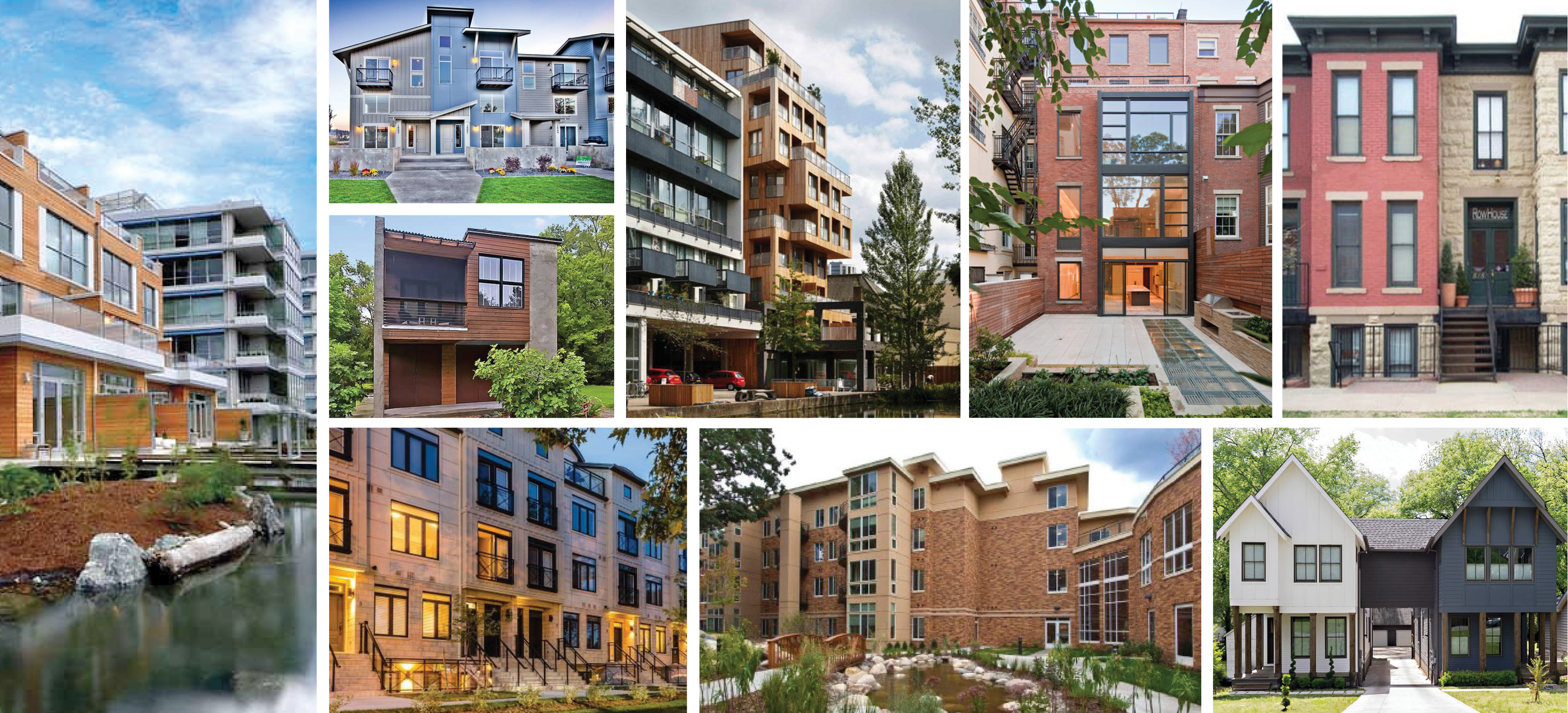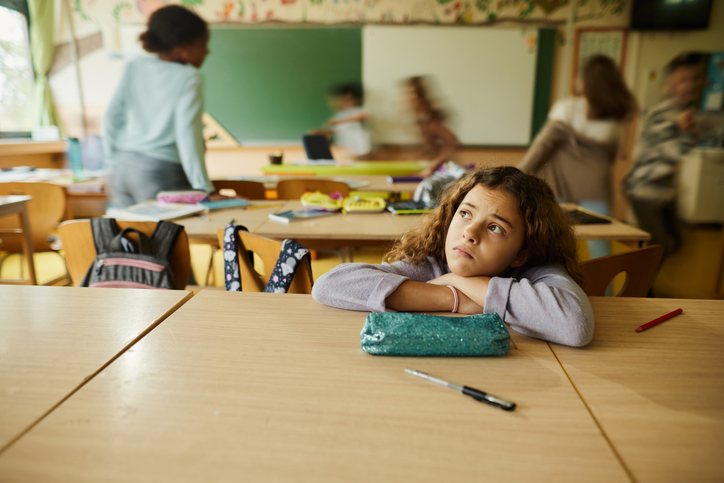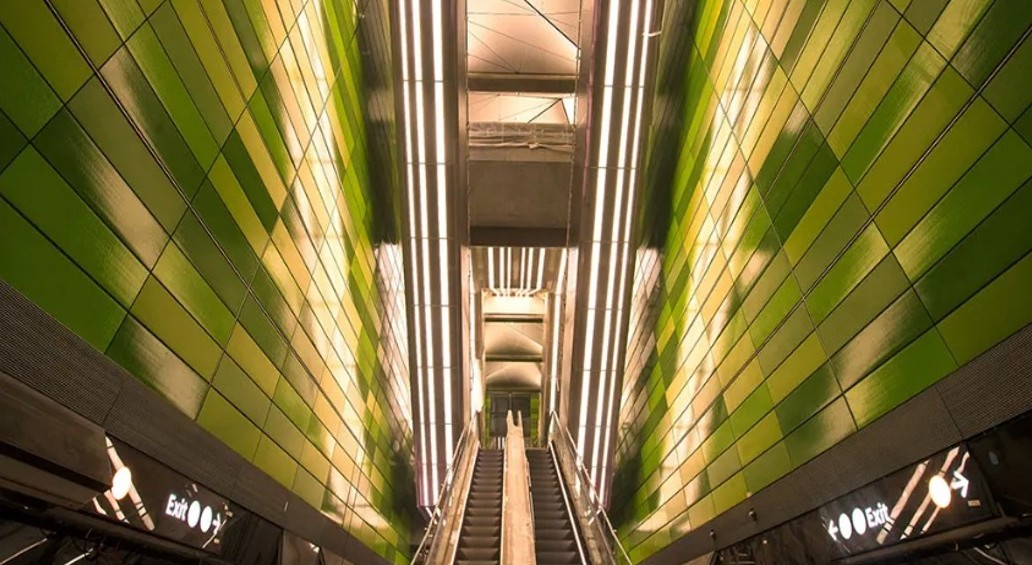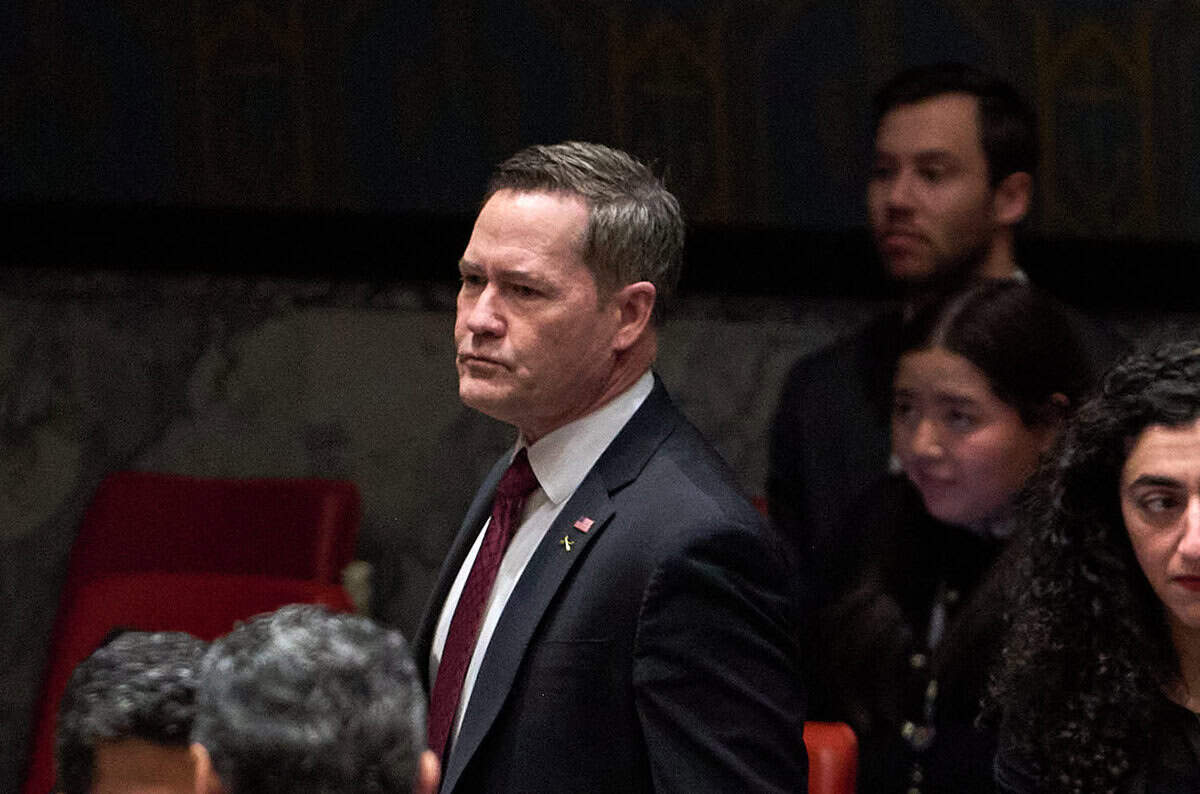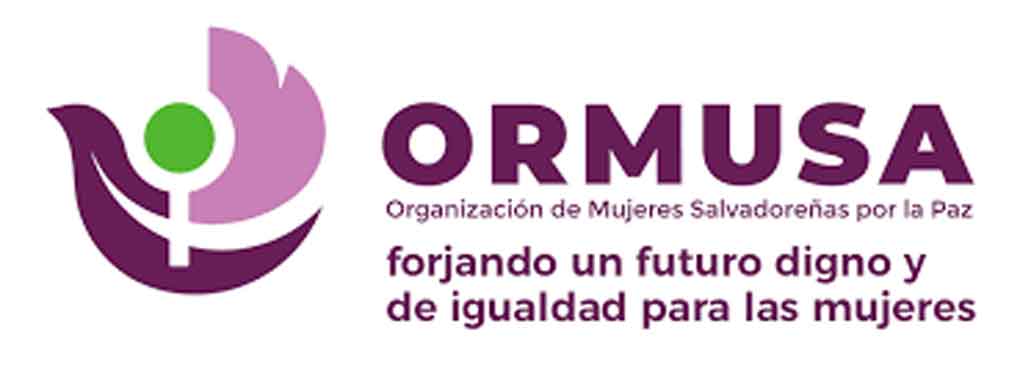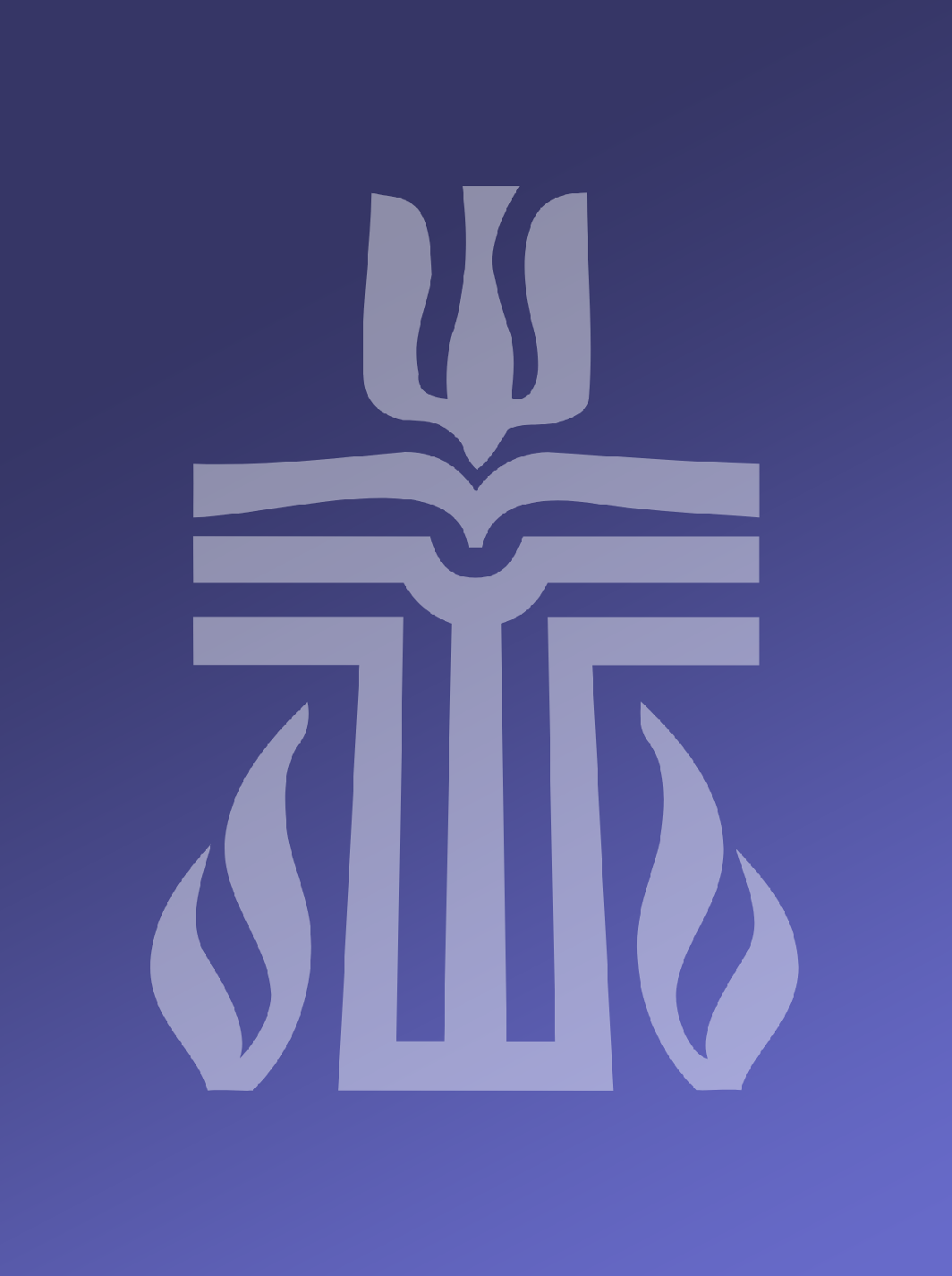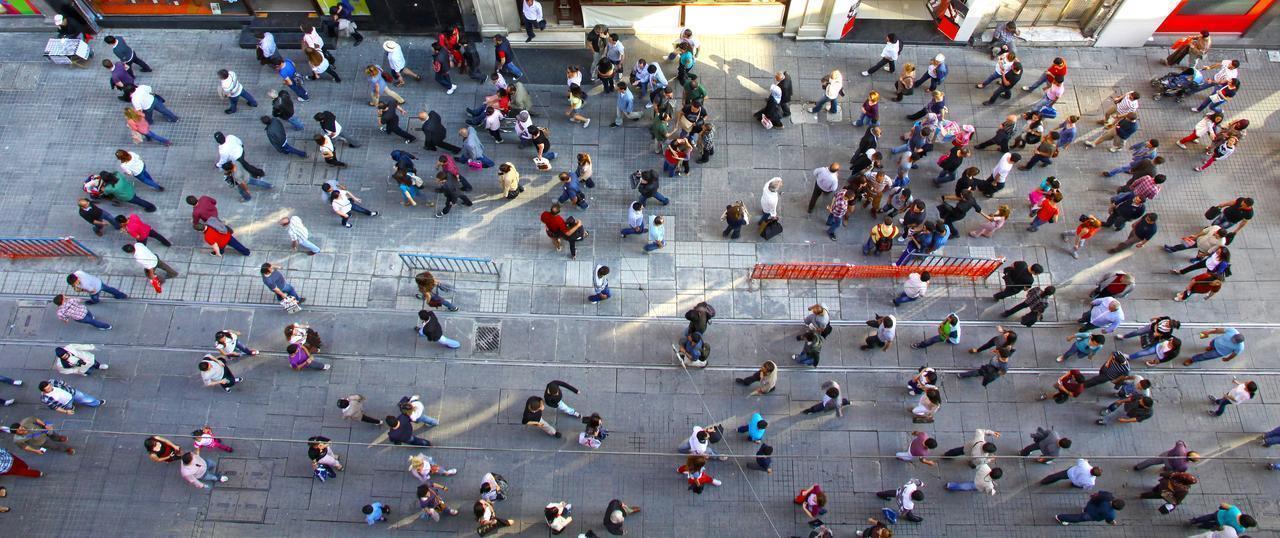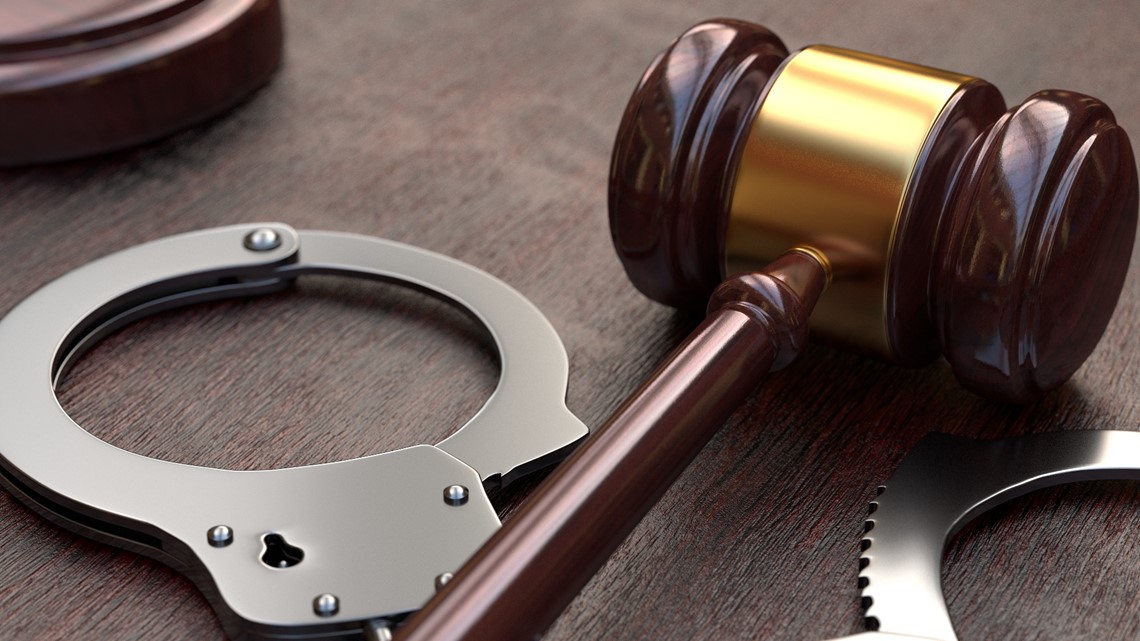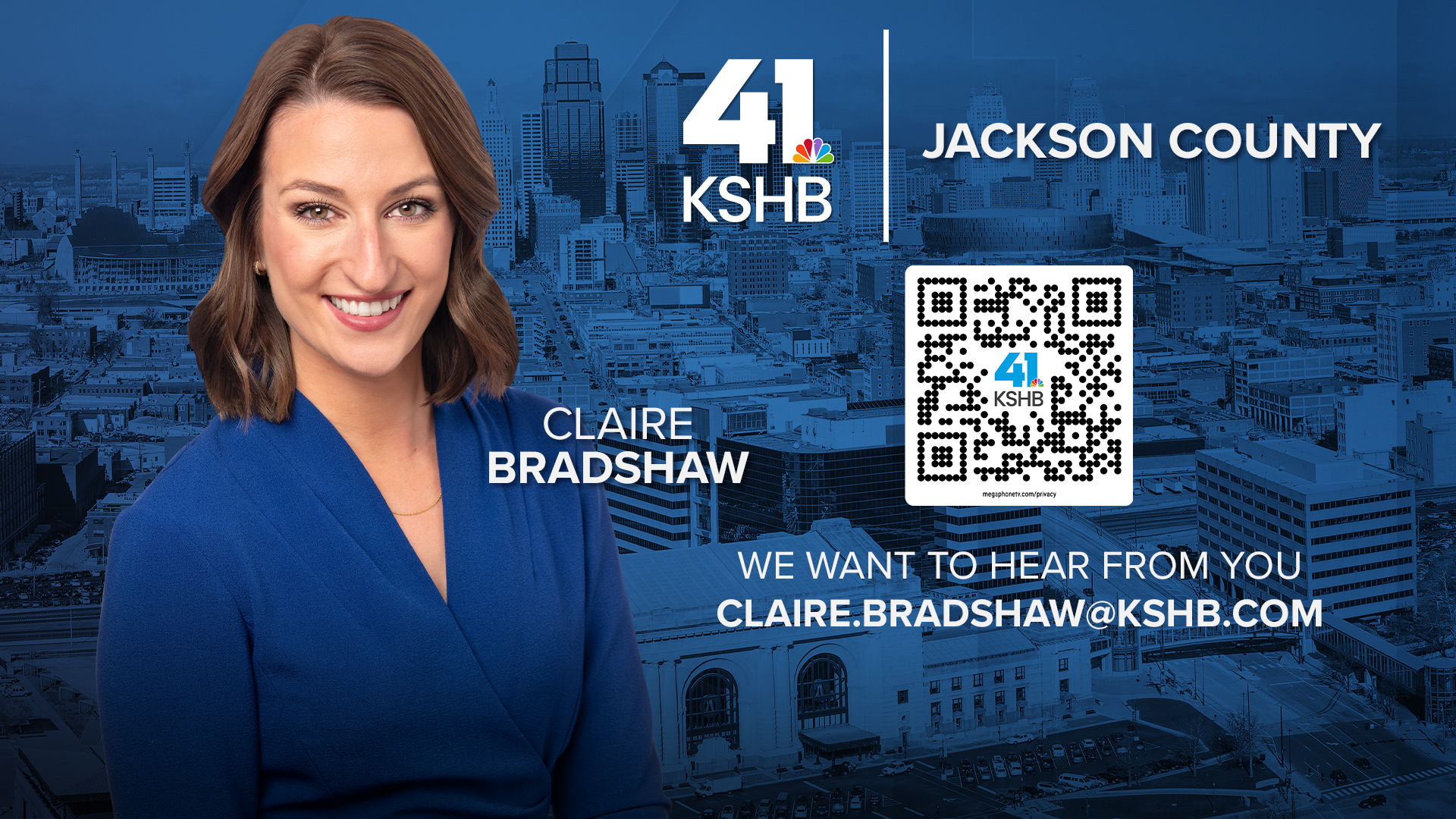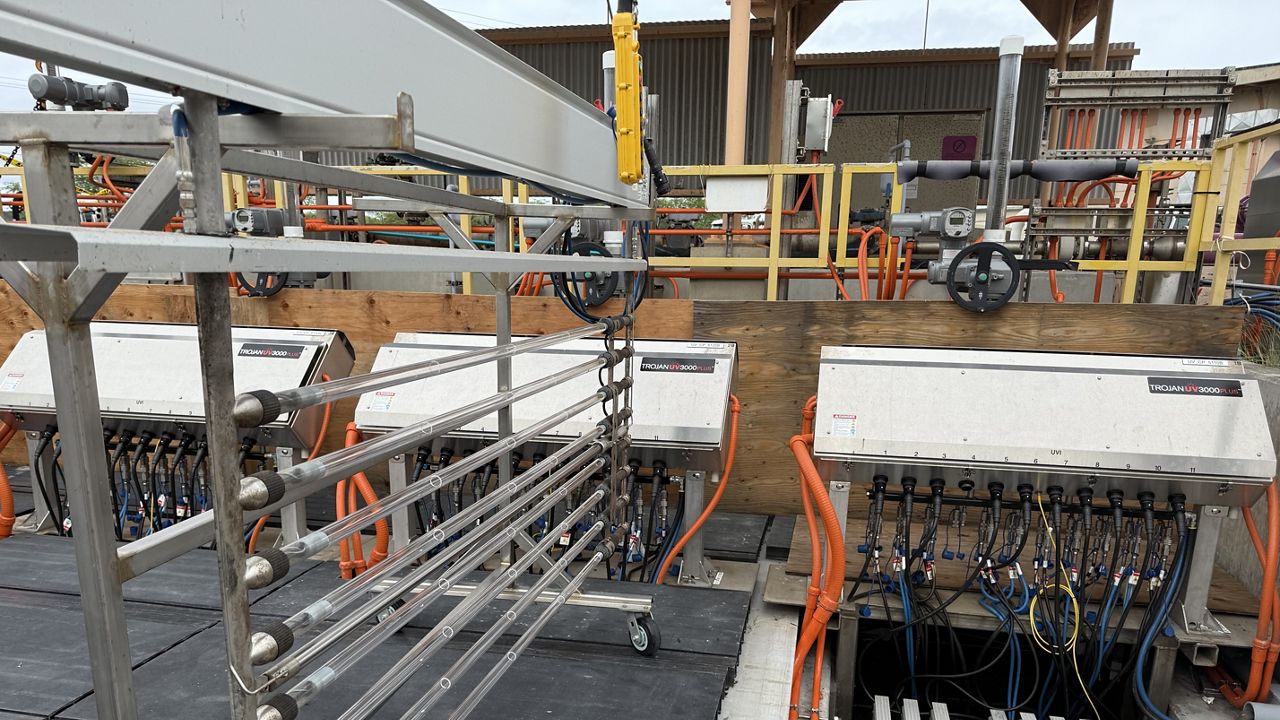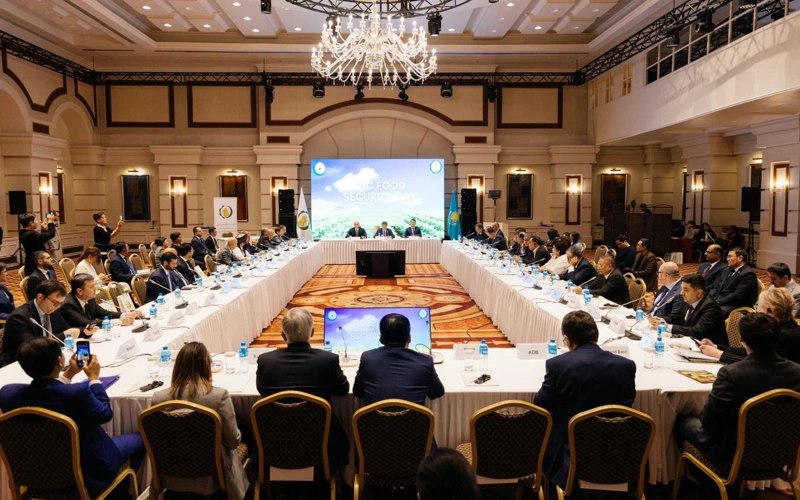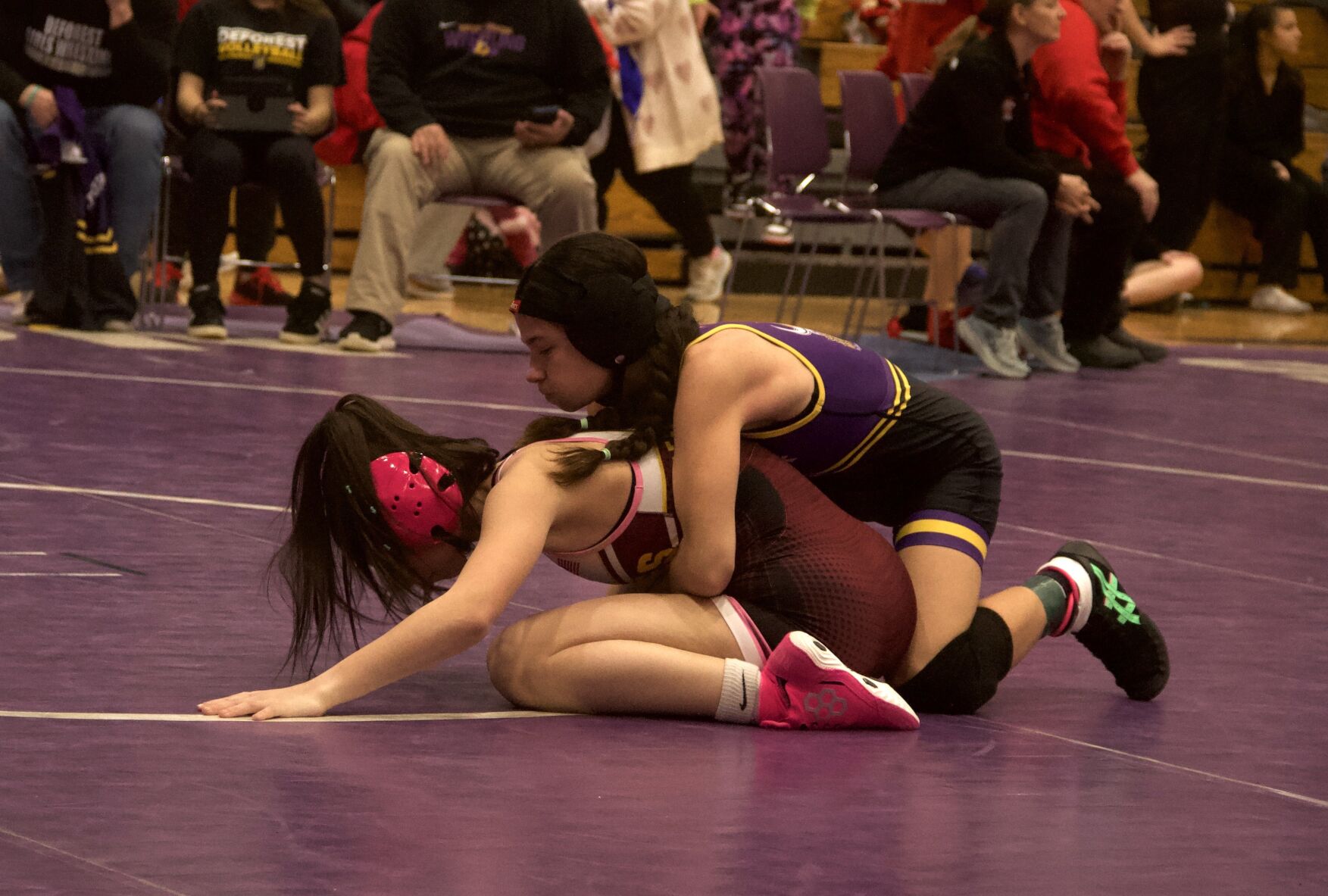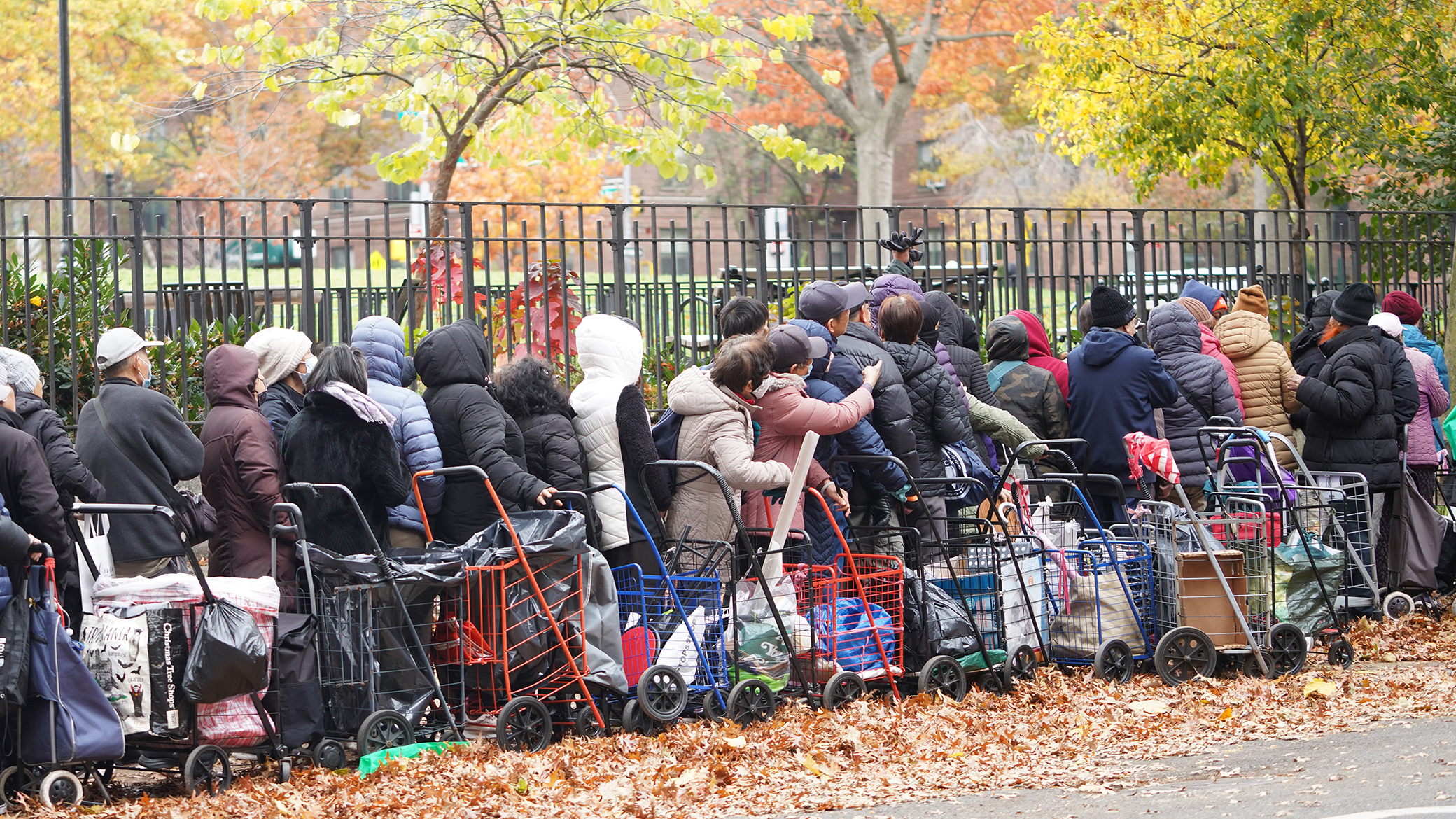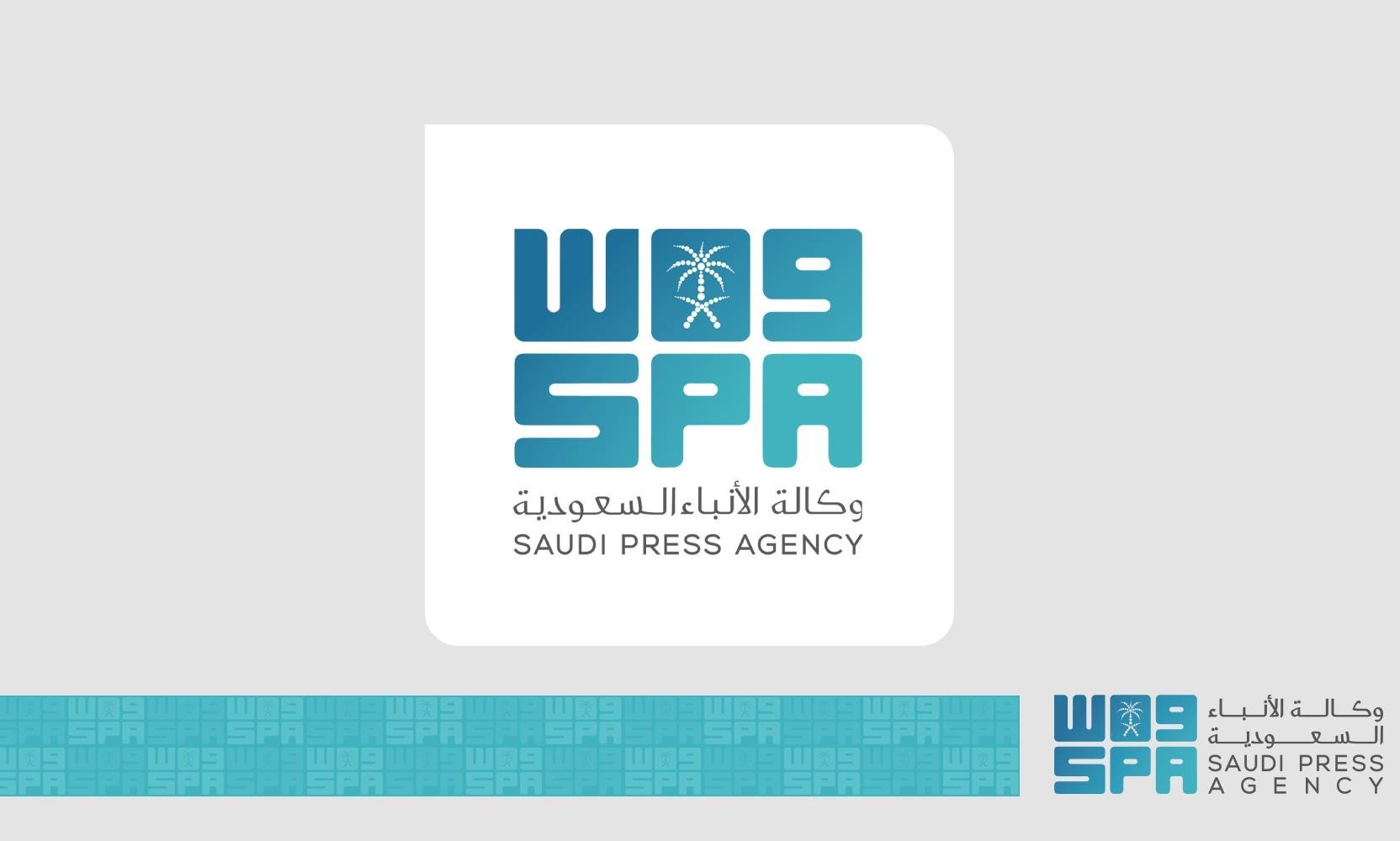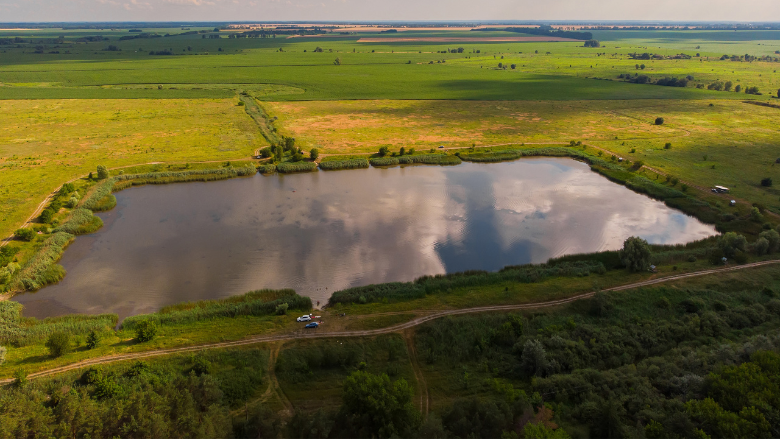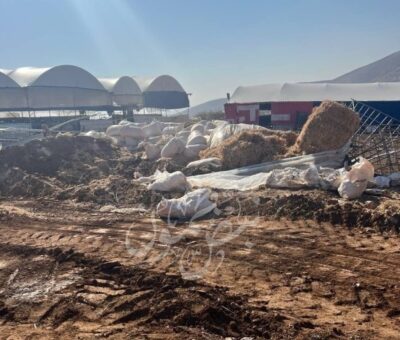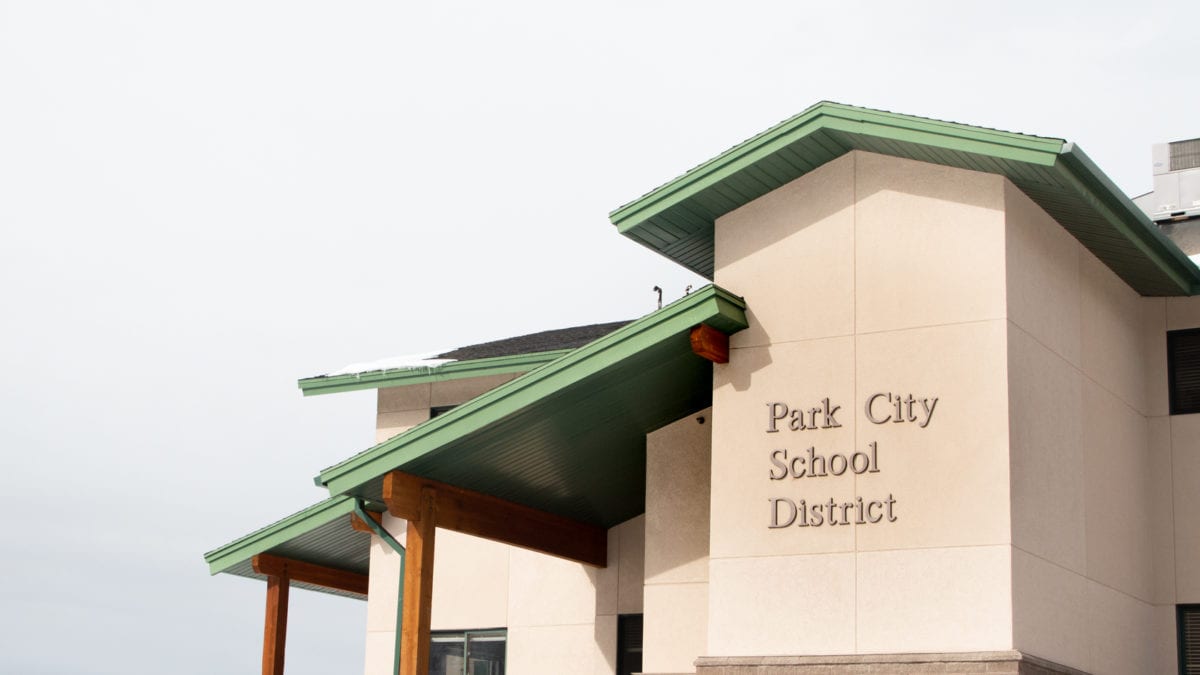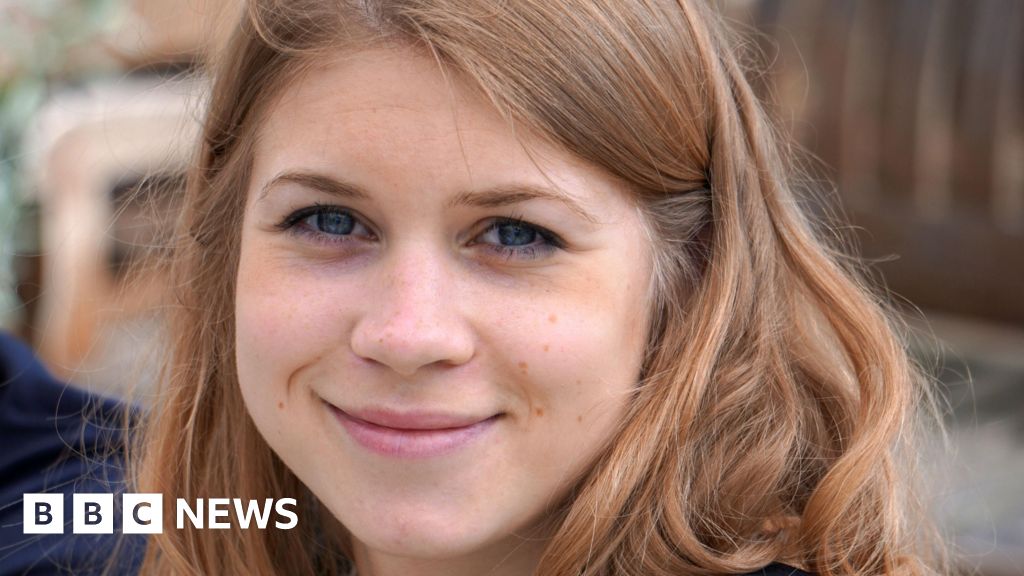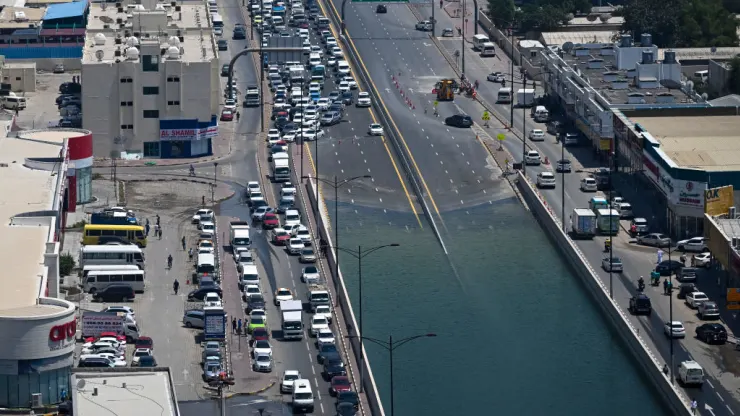Cycling Event Can’t Override Rwanda’s Abuses – Human Rights Watch

Report on Human Rights and Sustainable Development in Rwanda
Context: The 2025 UCI Road World Championships
Rwanda is scheduled to host the International Cycling Union (UCI) Road World Championships in Kigali, an event presented as a milestone in the nation’s development strategy. This strategy heavily utilizes international sports sponsorships and events to promote economic growth and tourism, aligning with aspects of Sustainable Development Goal 8 (Decent Work and Economic Growth). However, significant concerns have been raised that this focus on image and investment overshadows severe human rights violations, creating a direct conflict with other fundamental SDGs, most notably SDG 16 (Peace, Justice and Strong Institutions).
Violations of SDG 16: Peace, Justice and Strong Institutions
The promotion of Rwanda as a hub for international events is occurring alongside actions that fundamentally undermine the targets of SDG 16.
Suppression of Fundamental Freedoms and Access to Justice
The environment for political dissent and independent oversight is severely restricted, in direct opposition to SDG 16 targets for developing effective, accountable institutions and ensuring public access to information.
- Suppression of Civil Society: Years of harassment against real or perceived critics have effectively eliminated space for independent media, opposition parties, and civil society organizations, contravening SDG 16.10 (Ensure public access to information and protect fundamental freedoms).
- Political Persecution: The recent arrest of opposition leader Victoire Ingabire and 14 party members on serious criminal charges is viewed as politically motivated. This, along with the suspicious deaths and disappearances of five members of her parties since 2017, undermines SDG 16.3 (Promote the rule of law and ensure equal access to justice for all).
- Extraterritorial Repression: The government’s suppression of criticism extends beyond its borders, with documented cases of killings and disappearances of critics abroad.
Impact on Regional Peace and Security
Rwanda’s actions in the region are in stark contrast to the aims of SDG 16 to reduce violence.
- Support for Armed Groups: The Rwanda-backed M23 armed group has committed documented war crimes in eastern Democratic Republic of Congo, including the summary execution of over 140 civilians in July 2025.
- Violation of SDG 16.1: This support for an armed group directly contributes to conflict and violence, actively working against SDG 16.1 (Significantly reduce all forms of violence and related death rates everywhere).
Contradictions with SDG 10 and SDG 5
Marginalization of Vulnerable Groups
In preparation for high-profile international events, Rwandan authorities have engaged in practices that exacerbate inequalities and target vulnerable populations, undermining SDG 10 (Reduced Inequalities).
- Arbitrary Detention: There is a documented pattern of authorities rounding up and arbitrarily detaining individuals deemed “undesirable,” such as sex workers and street children.
- Exclusion and Inequality: This practice directly opposes SDG 10.2 (empower and promote the social, economic and political inclusion of all). The specific targeting of sex workers also raises concerns related to SDG 5 (Gender Equality) and the protection of women from violence and discriminatory practices.
The Role of International Partnerships and SDG 17
Sportswashing and the Responsibility of Sporting Bodies
The use of major sporting events to deflect from human rights abuses, a practice known as “sportswashing,” calls into question the nature of international partnerships under SDG 17 (Partnerships for the Goals).
- Lack of Due Diligence: Sports federations, including the UCI, have an obligation to conduct human rights due diligence to ensure their events do not contribute to or conceal violations.
- Unsustainable Partnerships: A partnership that provides cover for actions contrary to SDG 16 and SDG 10 cannot be considered a sustainable partnership for development. The UCI’s involvement risks legitimizing a government engaged in severe human rights abuses, thereby failing to uphold the principles of responsible global partnership outlined in SDG 17.
1. Which SDGs are addressed or connected to the issues highlighted in the article?
SDG 16: Peace, Justice and Strong Institutions
This is the most central SDG addressed in the article. The text extensively details the erosion of peace, justice, and institutional integrity in Rwanda. It highlights issues such as “government suppression of criticism,” “killings and disappearances,” politically motivated trials, the shutdown of “independent media, opposition parties, and civil society,” and the commission of “war crimes” abroad. These points directly contradict the goal of promoting peaceful, just, and inclusive societies.
SDG 10: Reduced Inequalities
The article connects to this goal by describing the discriminatory practice of targeting specific vulnerable groups. It states that Rwandan authorities “round up and arbitrarily detain sex workers, street children, and others deemed ‘undesirable’ before high-profile international events.” This practice exemplifies the social and economic exclusion of marginalized populations, thereby increasing inequality.
SDG 17: Partnerships for the Goals
This SDG is relevant in the context of the article’s critique of international partnerships. The article discusses Rwanda’s heavy investment in “global sports sponsorships and events” with bodies like the International Cycling Union (UCI), FIFA, and football clubs like Arsenal and Bayern Munich. It argues that these partnerships are being used for “sportswashing” to “overshadow human rights violations.” This raises questions about the ethical responsibilities of international partners and whether such collaborations genuinely contribute to sustainable development or merely provide “easy cover” for human rights abuses.
2. What specific targets under those SDGs can be identified based on the article’s content?
SDG 16: Peace, Justice and Strong Institutions
- Target 16.1: Significantly reduce all forms of violence and related death rates everywhere. The article directly relates to this target by citing “killings and disappearances” of critics, the suspicious deaths of five opposition party members, and the “summary executions of over 140 civilians” by the Rwanda-backed M23 armed group.
- Target 16.3: Promote the rule of law at the national and international levels and ensure equal access to justice for all. This target is undermined by the article’s description of a “politically motivated trial” against opposition leader Victoire Ingabire and the practice of “arbitrarily detain[ing]” individuals without due process. This indicates a failure to ensure the rule of law and equal access to justice.
- Target 16.10: Ensure public access to information and protect fundamental freedoms, in accordance with national legislation and international agreements. The article explicitly states that “Years of harassment of real or perceived critics have all but shut down the space for independent media, opposition parties, and civil society,” which is a direct violation of fundamental freedoms of expression, association, and access to information.
SDG 10: Reduced Inequalities
- Target 10.2: By 2030, empower and promote the social, economic and political inclusion of all, irrespective of age, sex, disability, race, ethnicity, origin, religion or economic or other status. The policy of rounding up and detaining “sex workers, street children, and others deemed ‘undesirable'” is a clear act of social exclusion based on economic and social status, directly opposing this target.
SDG 17: Partnerships for the Goals
- Target 17.17: Encourage and promote effective public, public-private and civil society partnerships, building on the experience and resourcing strategies of partnerships. The article critiques the partnerships between the Rwandan government and international sports federations (public-private partnerships). It suggests these partnerships are ineffective for promoting sustainable development and human rights, instead contributing to “sportswashing” and covering up violations, while the suppression of “civil society” prevents the formation of genuine, inclusive partnerships.
3. Are there any indicators mentioned or implied in the article that can be used to measure progress towards the identified targets?
Indicators for SDG 16
- Indicator 16.1.1 (Number of victims of intentional homicide) and 16.1.2 (Conflict-related deaths): Progress can be measured by tracking the number of deaths and disappearances. The article implies these numbers are high, mentioning “killings and disappearances” of critics, the deaths of “five members of Ingabire’s parties,” and the “summary executions of over 140 civilians” in Congo. A reduction in these incidents would indicate progress.
- Indicator 16.10.1 (Number of verified cases of killing, kidnapping, enforced disappearance, arbitrary detention and torture of journalists, associated media personnel, trade unionists and human rights advocates): The article provides direct evidence for this indicator by mentioning the arrest of opposition leader “Victoire Ingabire,” the disappearance and death of party members, and the general “harassment of real or perceived critics.” Tracking these verified cases would be a direct measure of progress (or lack thereof).
Indicators for SDG 10
- Indicator 10.3.1 (Proportion of population reporting having personally felt discriminated against or harassed…): While not providing a direct number, the article implies a high level of discrimination against specific groups. The practice of rounding up “sex workers, street children, and others deemed ‘undesirable'” is a clear policy of discrimination. Measuring the prevalence of such arbitrary detentions would serve as an indicator for this target.
4. Create a table with three columns titled ‘SDGs, Targets and Indicators” to present the findings from analyzing the article.
| SDGs | Targets | Indicators (Implied or Mentioned in the Article) |
|---|---|---|
| SDG 16: Peace, Justice and Strong Institutions | 16.1: Significantly reduce all forms of violence and related death rates everywhere. | Number of killings, disappearances, and summary executions of critics, opposition members, and civilians. |
| 16.3: Promote the rule of law… and ensure equal access to justice for all. | Incidence of politically motivated trials and arbitrary detentions without due process. | |
| 16.10: Ensure public access to information and protect fundamental freedoms. | Number of verified cases of arrest, killing, and disappearance of opposition leaders, critics, and the level of freedom for independent media and civil society. | |
| SDG 10: Reduced Inequalities | 10.2: Empower and promote the social, economic and political inclusion of all. | The prevalence of discriminatory policies such as the rounding up and arbitrary detention of marginalized groups (“sex workers, street children”). |
| SDG 17: Partnerships for the Goals | 17.17: Encourage and promote effective public, public-private and civil society partnerships. | The extent to which international partnerships (e.g., with sports federations) are linked to “sportswashing” and the suppression of civil society. |
Source: hrw.org

What is Your Reaction?
 Like
0
Like
0
 Dislike
0
Dislike
0
 Love
0
Love
0
 Funny
0
Funny
0
 Angry
0
Angry
0
 Sad
0
Sad
0
 Wow
0
Wow
0

